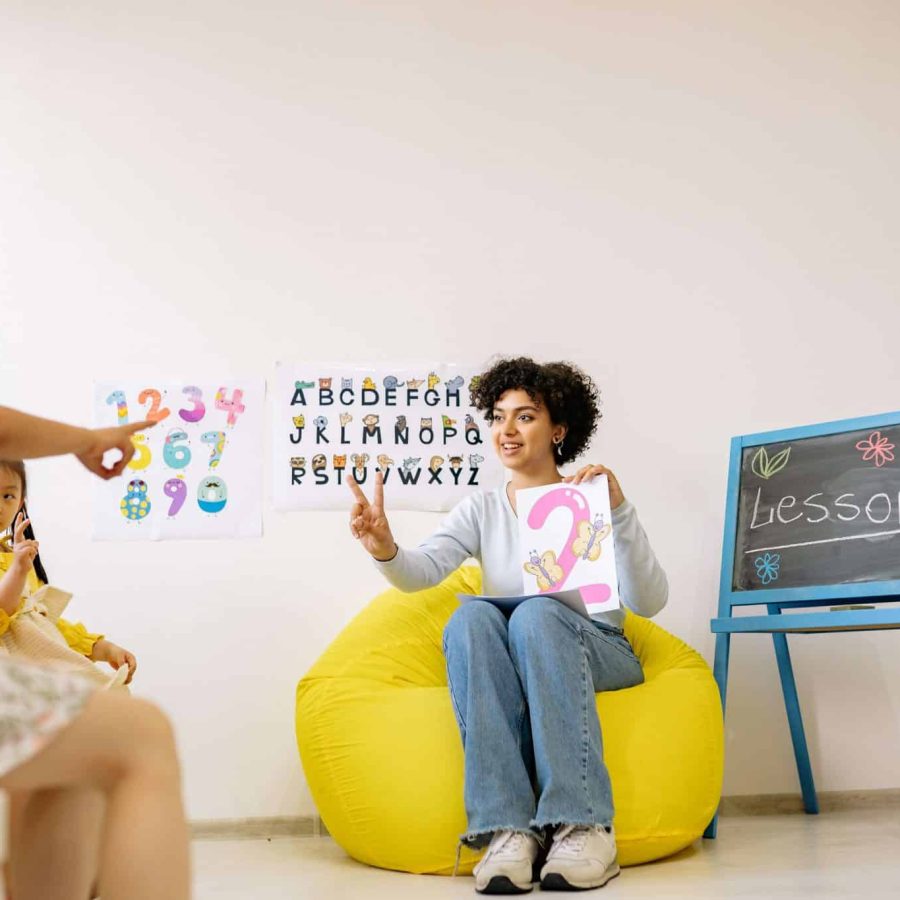The experience of raising children can be fascinating if you acknowledge that they are sponges absorbing every bit of information around them. There is a key period of time in their childhood that is very important for their brain development and will play a huge part in their performance further in life.
It’s natural for parents to try hard to ensure that their children seize the best opportunities in the future, and this learning period from birth to the first eight years – which we call early childhood education – is the key to open these doors.
What does early childhood education involve? Explore some of the benefits of a high-quality early childhood education in this post.
Helping brain development in young children
A child’s brain development is shaped and wired by the combination of their genetics as much as the environment surrounding them. As a huge part of their brain development happens in early childhood, this period is critical to stimulate their abilities, from basic cognitive functions to more advanced motor, emotional and language skills.
Children who go through school programs that follow effective educational methodologies – which encourage critical thinking, experimentation and allow the child to explore their perceptions and individual capabilities – tend to become much better at solving problems, expressing and analyzing their emotions, and socializing at school and at the work environment later in life.
Developing independence
Another benefit from what early childhood education involves is developing independence. Along with the time spent away from their families, the little ones will probably deal with separation anxiety and this is the perfect opportunity for early childhood educators to help them deal with self-regulation and emotional management.
When children have to deal with uncomfortable emotions in a different environment, it helps them develop more self sufficiency, improving their self confidence and their social skills later in school. Also, interacting with other children exposes them to small conflicts and situations which they need to learn how to wait, to share and to cooperate.
Along with it, independence in children allows room for them to explore the world around them and slowly understand their own identity.
Learning new routines
Having a sense of routine is very important for children to structure their habits, develop discipline and even start experiencing new approaches to their daily life. Learning new routines can make them more adaptable, organized and even improve behavior at home.
In the presence of a schedule, children slowly understand that there is time for each activity helping them manage expectations and accepting rules. Needless to say, their activities are always thought of meeting the needs of children in each specific age gap, which can include naps, active or passive exercises.
Now that you know what early childhood education involves and the benefits it brings to children’s development, remember that it’s also important to choose a good early childhood program.
Understand your needs first, then align them with what the learning academy has to offer. Check location, style of care, if they have space, what methodology they use in their approach, what services they offer and even the infrastructure while visiting the place.
At Amazing Explorers Academy, we offer high quality early education through the STEAM curriculum, a methodology that integrates science, mathematics, technology and engineering, which stimulate children to develop 21st century skills
Did you enjoy reading this content? Learn more about it exploring the Amazing Explorers Academy programs and find the best option of early education for your child!


